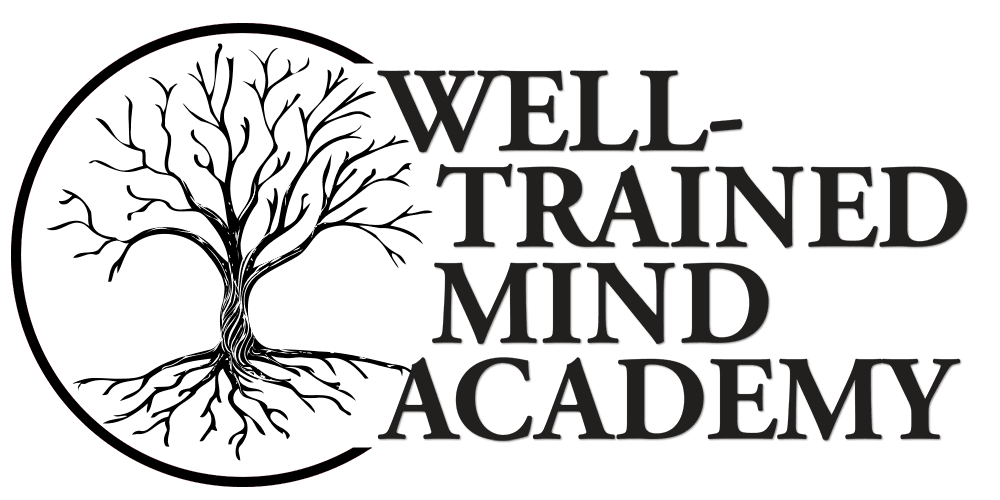Why Your Student Should Take Advanced World Language Courses

Experiencing a second language no longer requires a costly plane ride. Our world has become increasingly connected, with cultures and languages deemed world now within earshot and at our fingertips. However, the old idea of a year or two of language classes just won’t cut it, nor will a few months of participating in a non-interactive, non-immersive online world language program.
Taking an advanced language class is a gift to your child that allows them time to build the type of self-confidence that comes from being able to express thoughts and feelings in another language. Advanced language classes also promote the development of important skills such as cultural sensitivity and empathy, both of which are needed to be successful members of our modern world.
It’s no wonder why competitive colleges prefer students who take more than two years of a high school world language. In fact, the more selective a school, the more language they want to see. Colleges know that several years of study in one specific language can serve as a gauge of one’s grit and determination.
But not all programs are equal, of course. Below are just some of the reasons that our advanced language classes at the Well-Trained Mind Academy beat out the competition.
1. Live Interaction
Research shows that online language learning through programs such as Rosetta Stone fails to motivate students to continue or get them beyond a novice level. WTMA’s synchronous language classes simulate the traditional classroom dynamic by providing face-to-face interaction in an engaging virtual environment that draws students in and gets them excited to come to each class. Students see, hear, and interact with their teachers in real-time.
2. Use of Communicative Approach
Long gone are the days of boring translation and rote memorization. We use a communicative approach, which prioritizes students’ ability to communicate in the target language. This means that grammar and vocabulary rules are not taught in isolation, but rather are integrated so as to help students actually use them in conversation.
3. Small Group Work
One of the benefits of traditional in-person language classes lies in small group work, which allows for more time to practice speaking per student. At WTMA, we regularly separate students into breakout groups, or individual rooms that group together students to work on an activity or group project. Just like in an actual classroom, teachers can monitor the work of each group, which has access to a whiteboard and can collaborate via chat or the microphone.
4. Exposure to Target Language Books
All of WTMA’s language classes get to read a fun and engaging book in the target language, starting in the very first year. I’ve seen in my own classes the excitement of my beginner French students when they go from learning “bonjour” to reading a 100 page book all in French. While each week contains different fun activities, our reading weeks tend to be a highlight of the year.
5. Focus on the Target Language for Instruction
Studies again show that immersion is the best way to truly learn a language. We can’t fly you to Berlin or Tokyo for the semester, but we can make our classroom as immersive as it gets by keeping instruction in the target language as much as possible. In addition, we use textbooks that are in the target language to keep students thinking in that language while they work. Initially, students need a little extra instructor support to understand activities and tasks as outlined in the books. But their hard work pays off when they notice how much their proficiency has increased at the end of the year.
Transferring into WTMA’s World Language Program
Even if you didn’t start with WTMA, moving to us for higher-level language courses is a great choice! If your student has completed previous years of high school language with success, then they should be able to move into the next appropriate level at the Academy. We have placement tests available for each language at each level. While placements are not perfect, especially because they tend to be grammar-driven, they can give a good sense of where a student might fit. Instructors are prepared for students transferring into our world language program and can offer access to resources from previous years as needed.
To sum it up, taking a world language class beyond the first year is an investment that pays off more and more over time. With WTMA, you can be sure that your child gets the most out of their learning experience. Students don’t simply learn verbs and phrases. They gain access to an immersion-type experience with a teacher and group of students who learn alongside them so that they can converse in the target language. And, if any of these reasons still aren’t enough, consider that a world language isn’t just about learning about others—it’s also a process of self-discovery through which we come to better understand who we are and what defines us, all part of cultivating your own well-trained mind.
